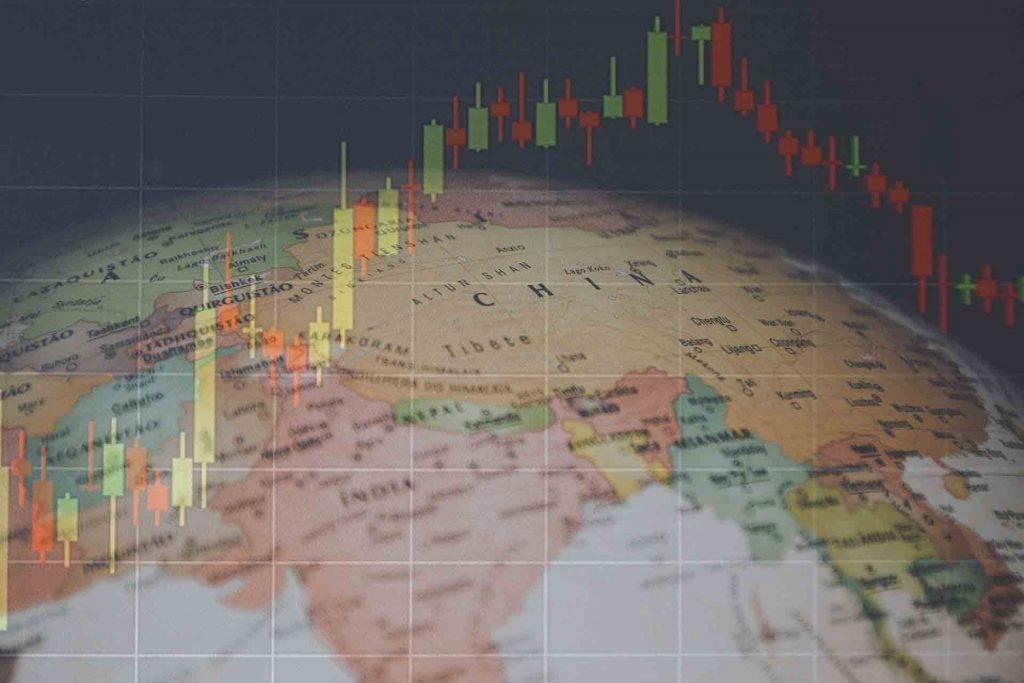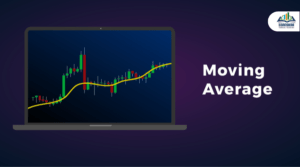Introduction
cGeopolitical tensions, wars, and political instability can send shockwaves through financial markets, causing volatility and uncertainty for investors. This blog delves into the intricate relationship between geopolitical events and the stock market, offering insights for navigating these turbulent times.
Understanding the Link
Geopolitical events can impact the stock market in several ways. Firstly, they can disrupt global supply chains, leading to shortages of essential resources and driving up prices. This can have a domino effect, impacting businesses’ profitability and consumer confidence. Secondly, wars and regional conflicts can raise oil prices, a crucial commodity for transportation and manufacturing. Higher energy costs can cripple company margins and lead to inflation, further impacting stock prices. Finally, geopolitical instability can trigger investor flight to safety. Investors may pull money out of riskier assets like stocks and invest in safer options like bonds, causing a decline in stock prices.
Case Studies: Recent Events and Market Reactions
The recent war in Ukraine serves as a stark example. The conflict disrupted grain exports from the region, a major global supplier, causing food prices to soar. This triggered inflationary pressures and sent shockwaves through the stock market, particularly in sectors dependent on commodities like food and energy. Similarly, the ongoing US-China trade war has impacted global trade flows and weighed heavily on stock prices, especially in companies reliant on Chinese manufacturing or exports. These examples highlight the intricate dance between geopolitics and the stock market.
Developing an Investment Strategy
While geopolitical events can be unpredictable, investors can still develop strategies to navigate them. Diversification is key. By spreading investments across different asset classes, sectors, and geographic regions, investors can mitigate risk. Additionally, staying informed about global events and their potential economic impact is crucial. Regularly monitoring news sources and expert analyses can help investors anticipate market movements and adjust their portfolios accordingly.
Long-Term Perspective and Active Management
It’s essential to maintain a long-term perspective. While geopolitical events can cause short-term volatility, the stock market has historically recovered from such disruptions. Investors should focus on their long-term financial goals and avoid making impulsive decisions based on short-term market fluctuations. Finally, consider actively managing your portfolio during turbulent times. This may involve adjusting asset allocation, rebalancing your portfolio, or seeking professional financial advice.
Conclusion
The interplay between geopolitical events and the stock market is complex and ever-evolving. However, by understanding the linkages, staying informed, and developing a well-defined strategy, investors can navigate challenging market conditions and potentially emerge stronger. Remember, even stormy seas eventually lead to calmer waters.




